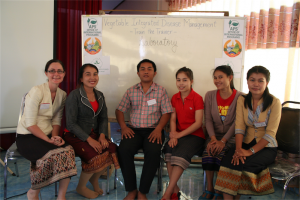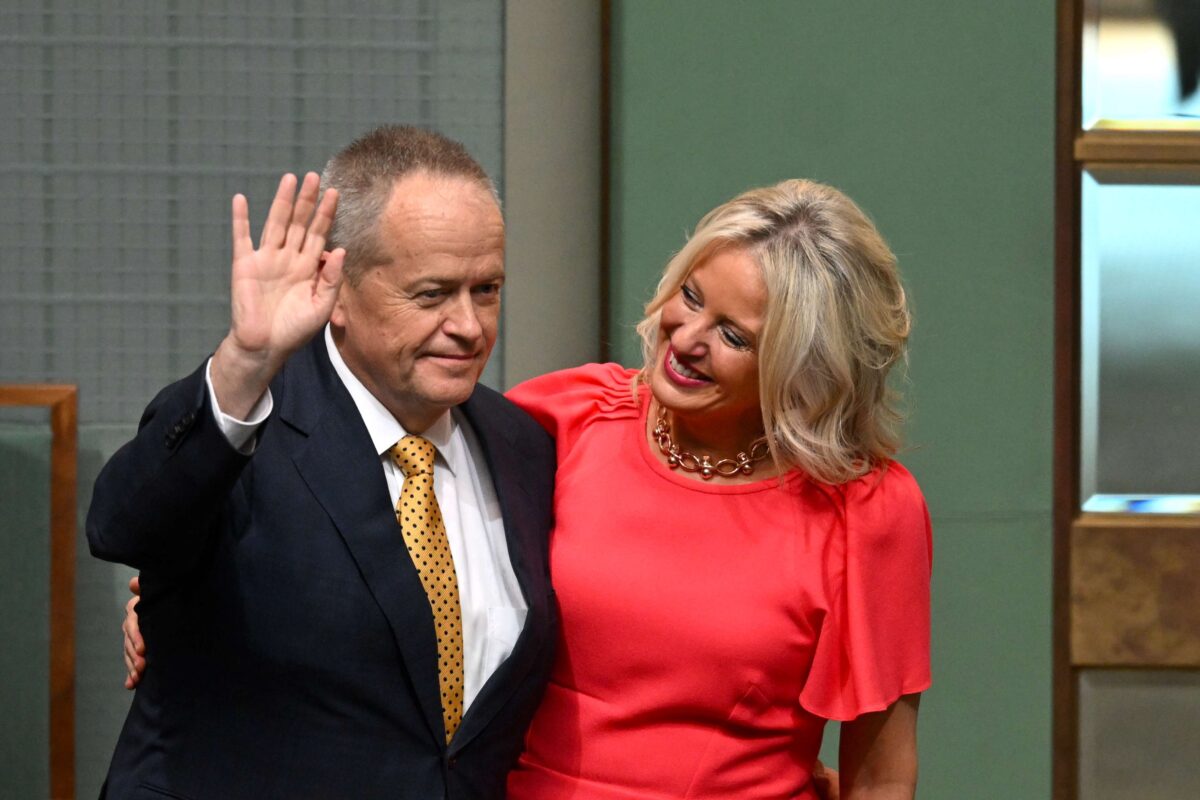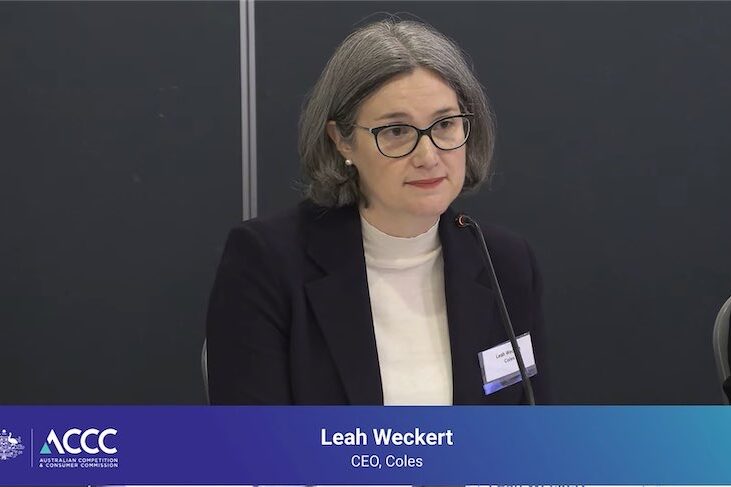
WHEN Dr Kylie Ireland looks back at her time in Laos, where she took part in a volunteer project on food security, what stands out most was breaking down hierarchical barriers and building up confidence in local female volunteers.
With the International Day of Women and Girls in Science on Saturday, February 11, the postdoctoral research scientist with the CSIRO says the importance is not to forget gender diversity.
“Less than 50 years ago a female scientist at CSIRO would have to resign after getting married, seriously! That’s not that long ago,” Kylie says.
During the Australian Volunteers for International Development (AVID) program Kylie spent 18 months assisting plant pathologists from the Ministry of Agriculture and Forestry to address the threats associated with pests and diseases in food crops.
“There are some really strong female scientists in Laos, but there are very few plant pathologists,” Kylie says.
She mentored three young, female trainees during her volunteer assignment, who Kylie now calls “my girls”.
“I think that my biggest contribution was simply in acting as a role model, as a young female scientist with valid skill and knowledge to share, and in breaking down hierarchical barriers with the staff I worked with.”
Although having a doctorate was a huge advantage for Kylie and without it things might have been different.
“This qualification meant that even older men, who would ordinarily be a higher social standing than myself, would listen to my advice and would do so without fear of seeming ‘weak’.
“In science, you need to leave your ego at the door; gender, age, and social standing aside, we are all equals and we need to act as such, so we can question ourselves, our results and the ideas of others, in order to truly address the questions at hand.”
And the question at hand, in Laos, was food security.
Kylie says they were teaching people biosecurity, to expand basic agriculture systems, but what came with large-scale crops was an increase in issues.
“We provided tools that taught them to recognise the problem and figure out the cause,” she says.
“Using applied research to improve management of plant diseases not only contributes to our knowledge of the world around us, but can protect our natural environments and biodiversity, and in the case of applying it in development settings, can improve livelihoods through increased yields, incomes and nutrition.”
She says something small like this can make a huge difference.
Kylie first became passionate about plant sciences in year 12 during a biology plant collection assignment.
She loved it so much that she would even teach her younger cousins when they came to visit.
Now, at the age of 33, Kylie still has that passion and does e-mentoring from her computer in Canberra.

But it isn’t always easy with the language barriers. And it was the same when she was in Laos.
“With my little bit of the Laos language and their little bit of English we found some middle ground.”
Kylie learnt some of the Laos language and she also communicated through drawings.
“It’s interesting, I look back and a lot of the success was from the relationship side,” Kylie says.
“Things are really improving for female scientists globally, there is now a large cohort of successful female scientist role models and workplaces are doing their best, in some places, to employ and retain great female scientists.
“Hopefully, it will get to a point where it’s based on equality, the focus should be on equal skills in the workplace, hopefully diversity will push that.”
Australian Volunteers for International Development (AVID). Visit volunteering.scopeglobal.com or call 1800 995536 or email info.volunteers@scopeglobal.com
Who can be trusted?
In a world of spin and confusion, there’s never been a more important time to support independent journalism in Canberra.
If you trust our work online and want to enforce the power of independent voices, I invite you to make a small contribution.
Every dollar of support is invested back into our journalism to help keep citynews.com.au strong and free.
Thank you,
Ian Meikle, editor





Leave a Reply